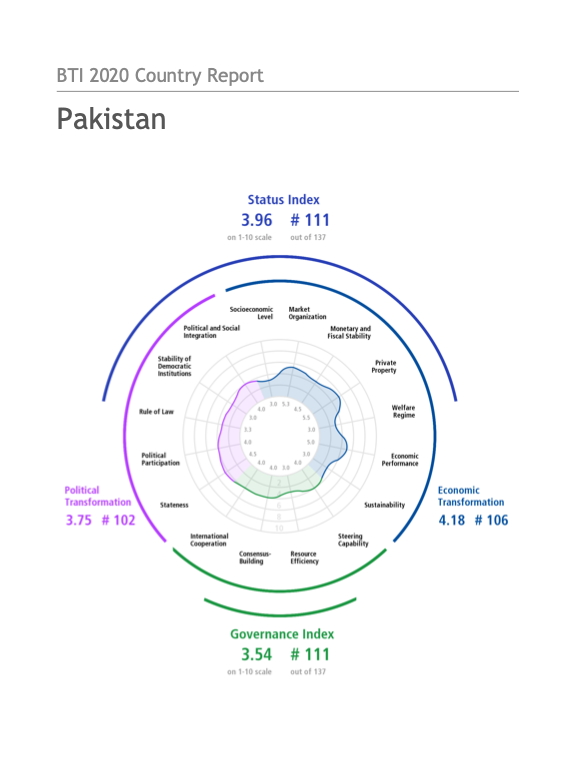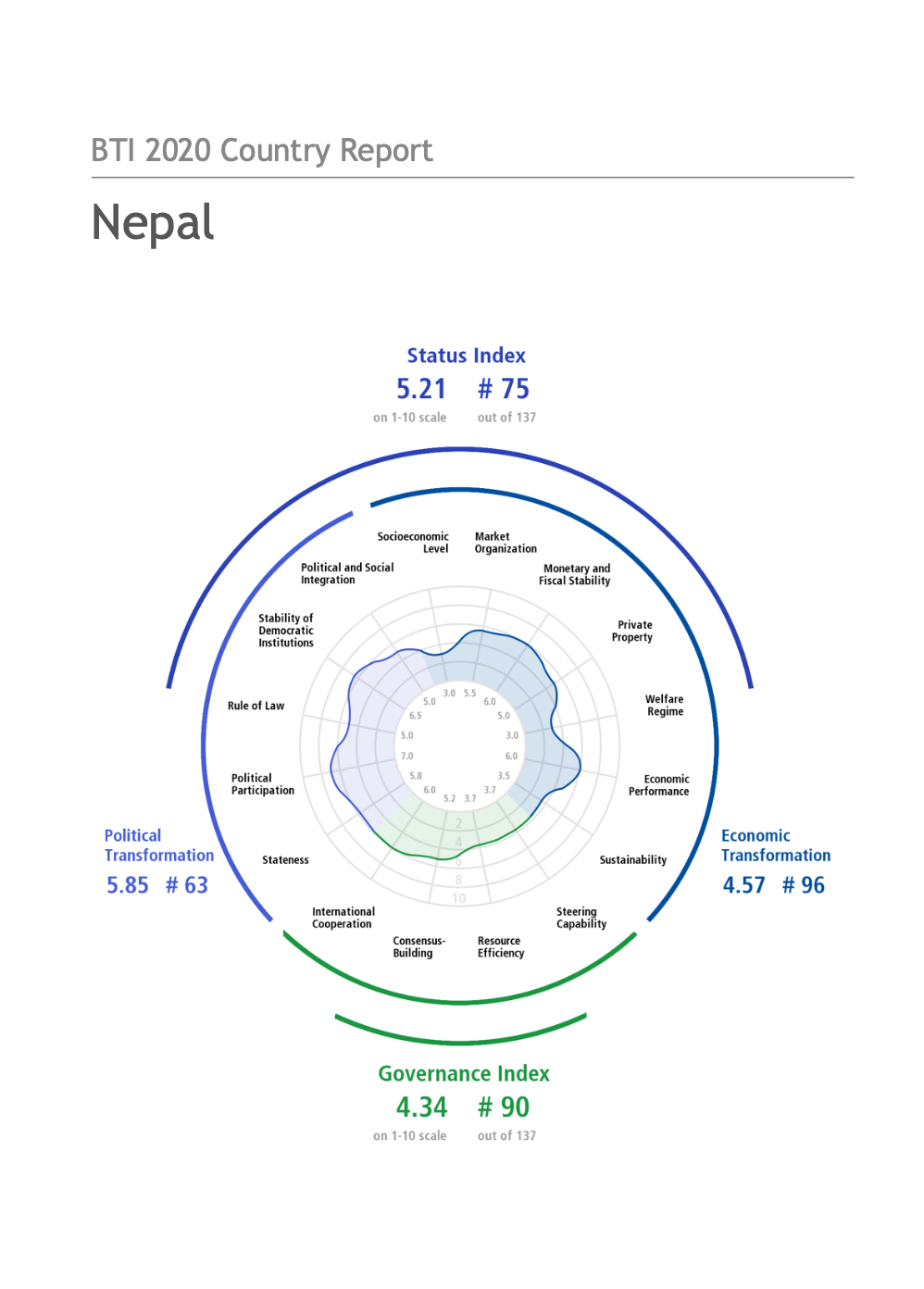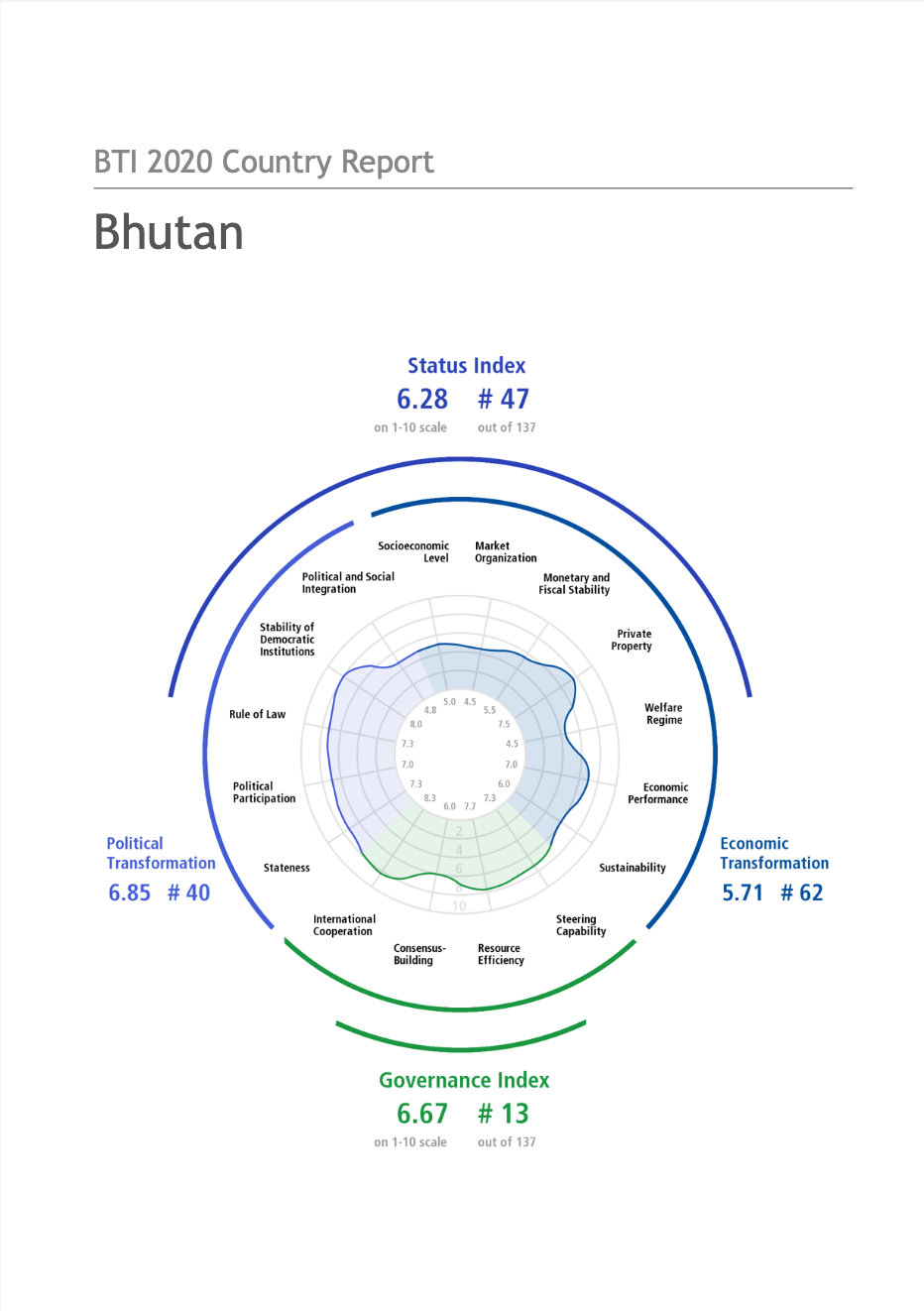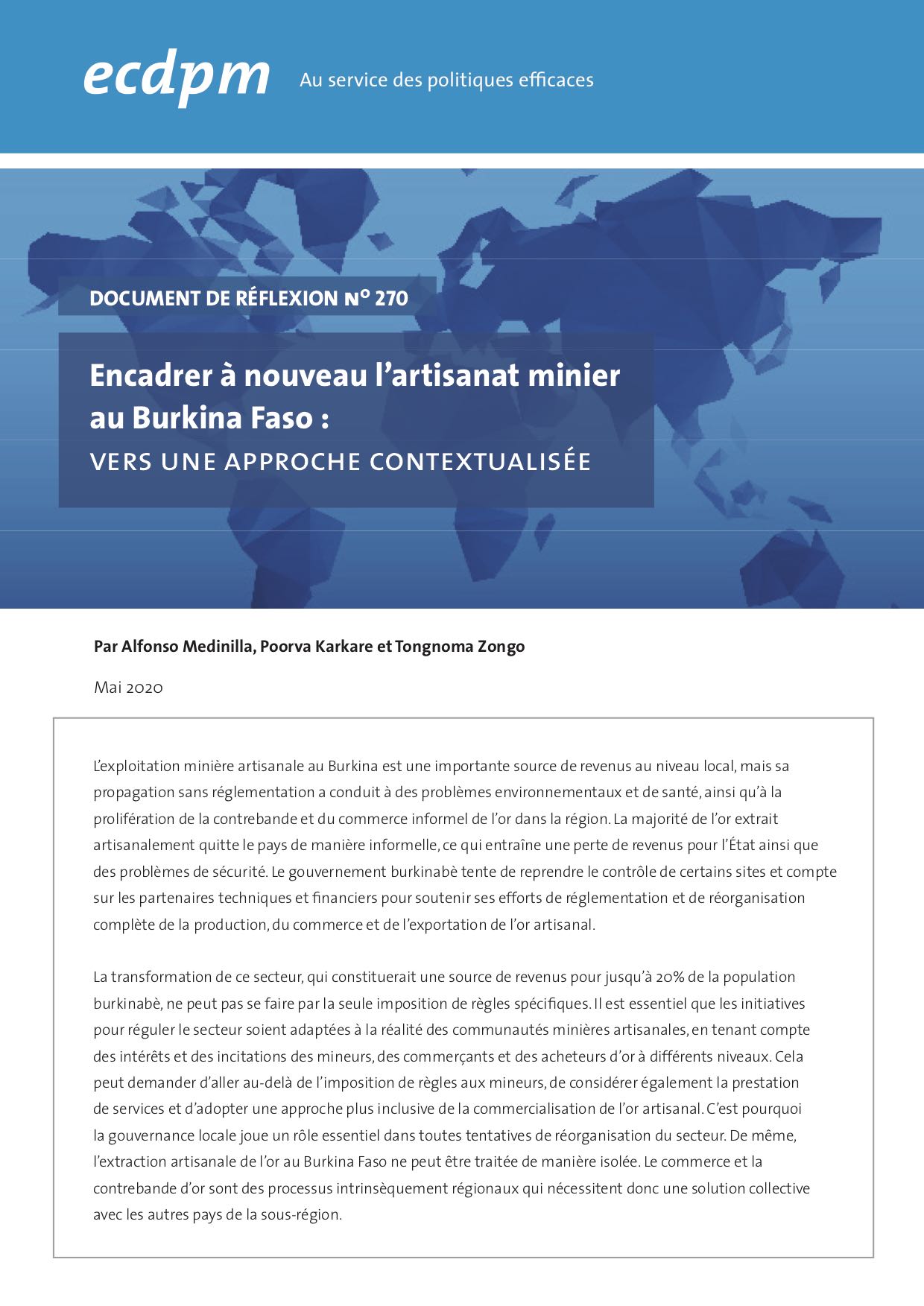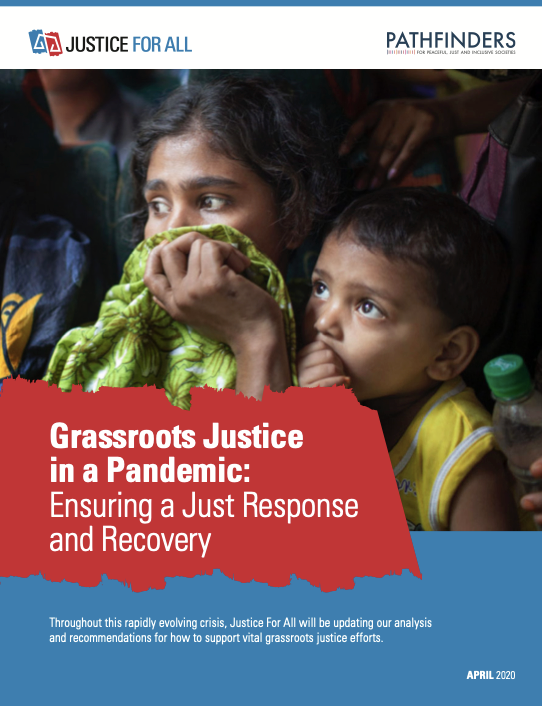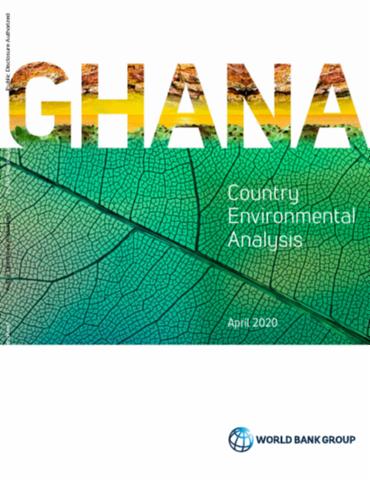Violence in Nigeria’s North West: Rolling Back the Mayhem
Nigeria’s arid North West is beset by violence between herders and farmers, which has been compounded by an explosion in criminal activity and infiltration by jihadist groups into the region. The last decade has seen thousands of people killed and hundreds of thousands displaced, with many fleeing into Niger Republic next door. State-level peace efforts with several armed factions have had some success, but these will not prove durable unless more actors lay down their weapons.


